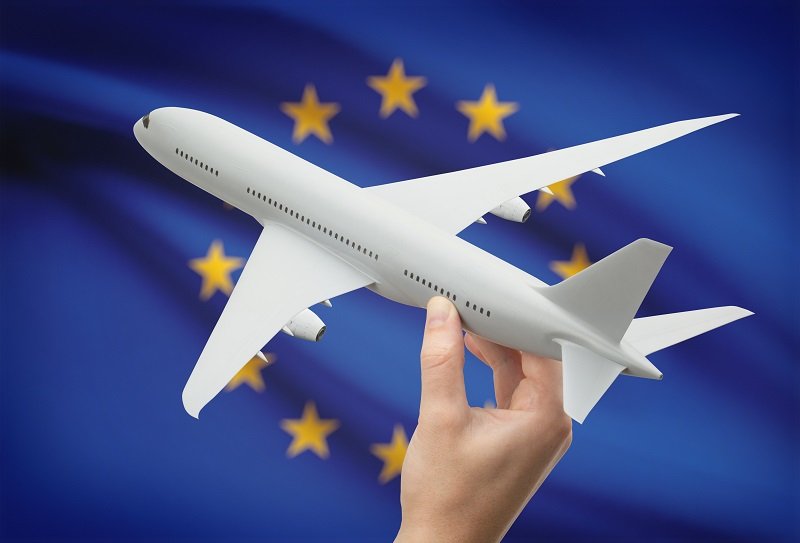CNN, New York Times and other major media today published the reopening of Europe for American Travelers. What was not mentioned was the effective day and approval process.
- The European Union is in the final stage of an agreement, that would reopen Schengen Countries and others to welcome visitors again.
- The agreement would first be available only on fully vaccinated people by EU-approved vaccinations only.
- The effective day has not been set and will depend on the approval by all EU member states.
The European Union is in the final stage of agreeing on reopening the European Union including the Schengen region to international visitors, including Americans, Canadians and others. Wednesday’s decision has yet to be formally confirmed by the EU states
In view of the great advances in vaccination in countries such as the USA and Israel, the European Union wants to significantly relax the restrictions on entry from third countries. Tourists who are fully vaccinated against the coronavirus will soon be able to enter the state bloc more easily again.
For them, the restrictions imposed at the beginning of the pandemic for non-essential entries should no longer apply after an agreement by the EU ambassadors, as the German press agency learned from several EU diplomats.
This should apply if the EU states also accept proof of vaccination for travel within the block of states.
. At the same time, the EU is working to make traveling within Europe easier with the help of a vaccination certificate. However, the negotiations between EU states and the European Parliament on Tuesday evening did not bring any result and will go into the next round on Thursday.
In order to protect themselves from the pandemic, in March 2020 all EU states except Ireland and the non-EU states Switzerland, Norway, Liechtenstein and Iceland agreed on recommendations for an extensive stop for non-essential entries. The recommendations are not legally binding, but they are considered an important directional decision.
There are exceptions for family members, diplomats and medical staff. Last summer, the EU states then stipulated the conditions under which entry from certain states with a good virus situation should become easier. There are currently seven third countries on the relevant “white list”.
The agreement reached on Wednesday now stipulates that people who have been vaccinated will be allowed to re-enter two weeks after the last vaccination if they can present a valid vaccination certificate.
It should also play a role whether vaccinated EU citizens are also allowed to travel to the relevant third country. Vaccines that are approved in the EU should be accepted.
So far, these are the four preparations from Biontech -0.13% / Pfizer, Moderna -2.34%, Johnson & Johnson -1.56% and Astrazeneca -0.46%. However, the EU states can decide for themselves whether they should continue to impose test or quarantine obligations on vaccinated persons. Some countries such as Greece already allow vaccinated people from some third countries to enter the country without quarantine.
In the future, more people should be allowed to enter the country regardless of the vaccination. To this end, the EU states are loosening a criterion on the “white list”. The limit for the number of new infections per 100,000 inhabitants in the past 14 days is to be raised from 25 to 75. Further criteria are, for example, the test rate and the positive rate in a country. In the coming days, the EU states will discuss separately from which countries entry will soon be easier under these conditions.
In the event that the corona situation in a country worsens dramatically within a short period of time, a kind of emergency brake is provided. This should be used in particular for regions in which worrying virus variants occur. Then a strict entry freeze should be imposed immediately with only a few exceptions.




